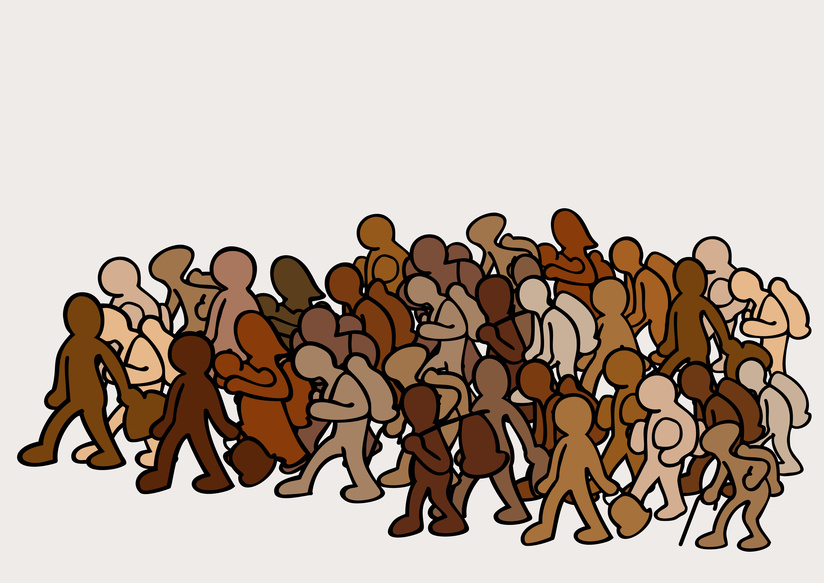By Leethen Bartholomew, B-MAG member and Head of the National FGM Centre

Anyone working to end new cases of FGM in the UK will remember the 1st February 2019. On this date a mother from Waltham Forest was convicted of cutting her three year old daughter. This is the first conviction for a crime, which had been on the statute book for 34 years, so it was indeed a watershed moment.
The lack of a prosecution had often been used as a gauge by some to question the existence of FGM in the UK, so for some, the successful prosecution was met with jubilation. For me, it was a bitter sweet moment, because whilst justice was served, at the centre of this case is a child, who suffered significant harm at the hands of a mother, and a father, who in the family court was found guilty on a balance of probabilities of cutting her. We must not forget this child will eternally be part of history, a history no one will ever want to be linked to and she will also have to live with the physical and emotional scars for the rest of her life.
So when the Metropolitan Police asked the National FGM Centre to submit a community impact statement to assist the judge with sentencing, I felt that this was an important opportunity to be the voice of this child and her sibling and community.
At this point I will like to tell you about the National FGM Centre, before I go on to explain what I think is the impact of this first successful prosecution in this country. The National FGM Centre is a partnership between Barnardo’s and the Local Government Association and has been working to prevent harmful practices occurring in the UK, and to protect children and young people from these practices since 2015. It has received more than 460 referrals about children, young people and families affected by harmful practices and is currently working in ten local authorities in England and developing further work across England and Wales. We have worked with over 200 adult and 15 child survivors of FGM. A core element of our work involves engaging with communities and grassroots organisations working to end new cases of FGM and other harmful practices. Based on our track record, we were best placed to provide guidance to the judge.
I believe this crime has had a significant impact on us all. I must acknowledge that there is a shift in the understanding and attitude towards FGM in some communities. However this shift has taken place against the backdrop of reports of girls being subjected to FGM or at risk of it. This conviction has undoubtedly sent a message that FGM is taking place in the UK and it has led to an increase awareness of FGM in society due to the media coverage. I strongly believe that if it was unknown before, it is known now that FGM is child abuse, and a serious crime that has no place in society. The conviction also provided a unique opportunity to send the message to society, and especially those who have cut or plan to cut girls that this crime will not be tolerated and perpetrators will be held accountable. There is a possibility that the conviction may assist with positive behavioural change and a reduction in risk. However the reverse a possibility and what is already a hidden crime will driven further underground.
Over the course of the trial, I held several discussions with survivors, community leaders, campaigners and colleagues. I was left with the feeling that this crime has had an emotional impact on local communities, who feel a sense of anger and disbelief about this crime. Some communities also feel a sense of failure because a child has been harmed. There is also a feeling by some that they will be further stigmatised and their daily lives disrupted by those who may wrongly believe their child is at risk. This is an unintended consequence, and communities must be supported to have a voice and not targeted and professionals must ensure they are able to respond appropriately when cases are referred. I am of the view that the only way of ending a social norm is communicating the right messages through community engagement and to get it wrong will be detrimental to the lives of women and girls.
I want to end by saying that prosecuting perpetrators is only one tool in the armoury about how to tackle FGM, but emphasis must be placed on preventing girls from being cut because a conviction means a girl has been failed from being protected. There is a duty on all of us to be a voice for girls, so I will like to employ you to be the voice of that girl or women. Make a commitment that you will fight to #EndFGM.
Leethen Bartholomew
@leelenth
